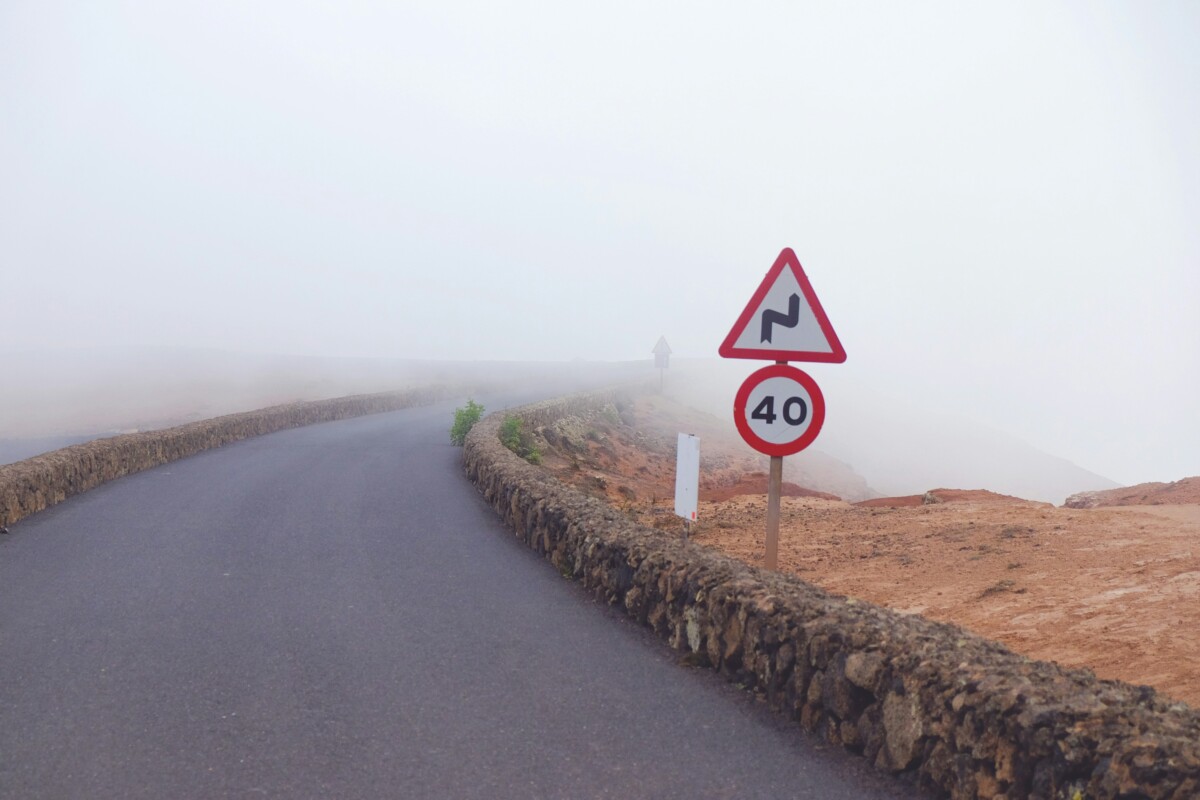
The Regulation That Was Meant to Save Us From Lies.
Why corporate greenwashing is still thriving — and what we do when the rules go silent
Date: August 2025
Read time: 3 mins
Author: The Anti-Greenwash Charter

For a brief moment, it looked like the era of vague, feel-good climate claims was about to end.
The EU had proposed a sweeping Green Claims Directive — a law that would have required companies to back up environmental claims with hard evidence. No more “eco-friendly” without substance. No more “climate neutral” based on offset smoke and mirrors. Green would finally mean something.
And then, in mid-2025, the European Commission quietly withdrew it.
Too complex. Too burdensome. Too politically inconvenient.
And so the silence returns — not just from brands, but from the regulators meant to hold them accountable.
The Invisible Cost of Inaction
The global marketplace is awash in sustainability promises. From carbon-neutral airlines to biodegradable trainers to ESG-branded investments, the climate narrative is a cornerstone of modern brand identity.
But as the number of claims rises, so does the uncertainty around their credibility. And now, in the absence of clear regulatory guardrails, trust has become a free-floating asset — untethered from truth.
This isn’t a fringe issue. Greenwashing doesn’t just mislead customers — it erodes climate ambition. It rewards opacity over action. It penalises those who disclose transparently while emboldening those who posture.
“Every unverified claim is a tax on integrity,” says Charlie Martin, CEO of The Anti-Greenwash Charter. “It confuses the market and delays the work we actually need to do.”
Why the Regulatory Landscape Is So Uneven
While some markets are tightening their grip — the UK’s Green Claims Code, for example, gives the CMA power to investigate misleading environmental messaging — enforcement is patchy. Guidance exists, but there’s still no unified legal standard for sustainability communications across most sectors.
In the U.S., the Federal Trade Commission is updating its Green Guides — but progress is slow. In Australia, companies like Etihad and Lufthansa have faced legal action for “green gloss” ads, but these are still edge cases, not industry norms.
And in the EU? The withdrawal of the Green Claims Directive has left a void.
The message to business is confusing: Be bold about sustainability — but tread carefully. Be transparent — but don’t say too much.
It’s no wonder that greenhushing is on the rise.

We Built a Market Where It’s Safer to Say Nothing Than to Say Something Wrong
This is the most insidious form of failure: not the absence of rules, but the abundance of fear.
Fear that saying the wrong thing will trigger reputational ruin. Fear that minor missteps will be framed as moral failure. Fear that brands who try to communicate honestly will be punished while others skate by on platitudes.
They scrub climate language from ads. Pull social media campaigns. Pause their reporting.
And in the vacuum left behind, the loudest voices are often the least credible.
What We Need Now: Independent Guardrails, Voluntary Courage
If regulation can’t (or won’t) keep up, what fills the gap?
Increasingly, it’s independent frameworks and verification systems. Tools like green claims policies, sector-led charters, and third-party reviewers are stepping in — not to replace regulation, but to make progress possible in its absence.
One such tool, truMRK, offers organisations a way to review their sustainability reports before publication. Not to validate performance — but to assess how claims are communicated. Whether the evidence is sound. Whether the language aligns with guidance from the CMA, ASA/CAP, ISO, and GRI.
It’s not flashy. But it’s credible. And that’s the point.
Corporate Integrity Is Now Voluntary — And That’s Both a Risk and a Responsibility
In a better world, honesty wouldn’t need to be optional. But in this one, it is.
The responsibility now falls on business leaders, marketing teams, and sustainability professionals to hold the line. To speak with care — and to back it up. To build trust without waiting for regulators to show them how.
Because the ESG backlash is growing. The legislation is stalling. And the public is watching.
If climate progress is to mean anything, it has to be believable. And that means building a culture — and a system — where the truth has a place to stand.
Communicate About Sustainability with Confidence
If your organisation wants to protect its reputation, reduce greenwashing risk, and communicate sustainability with confidence, we’d love you to join us.
📢 Become a signatory of The Anti-Greenwash Charter.
Shape the future of responsible communication and show stakeholders what honest, trusted sustainability leadership looks like.
